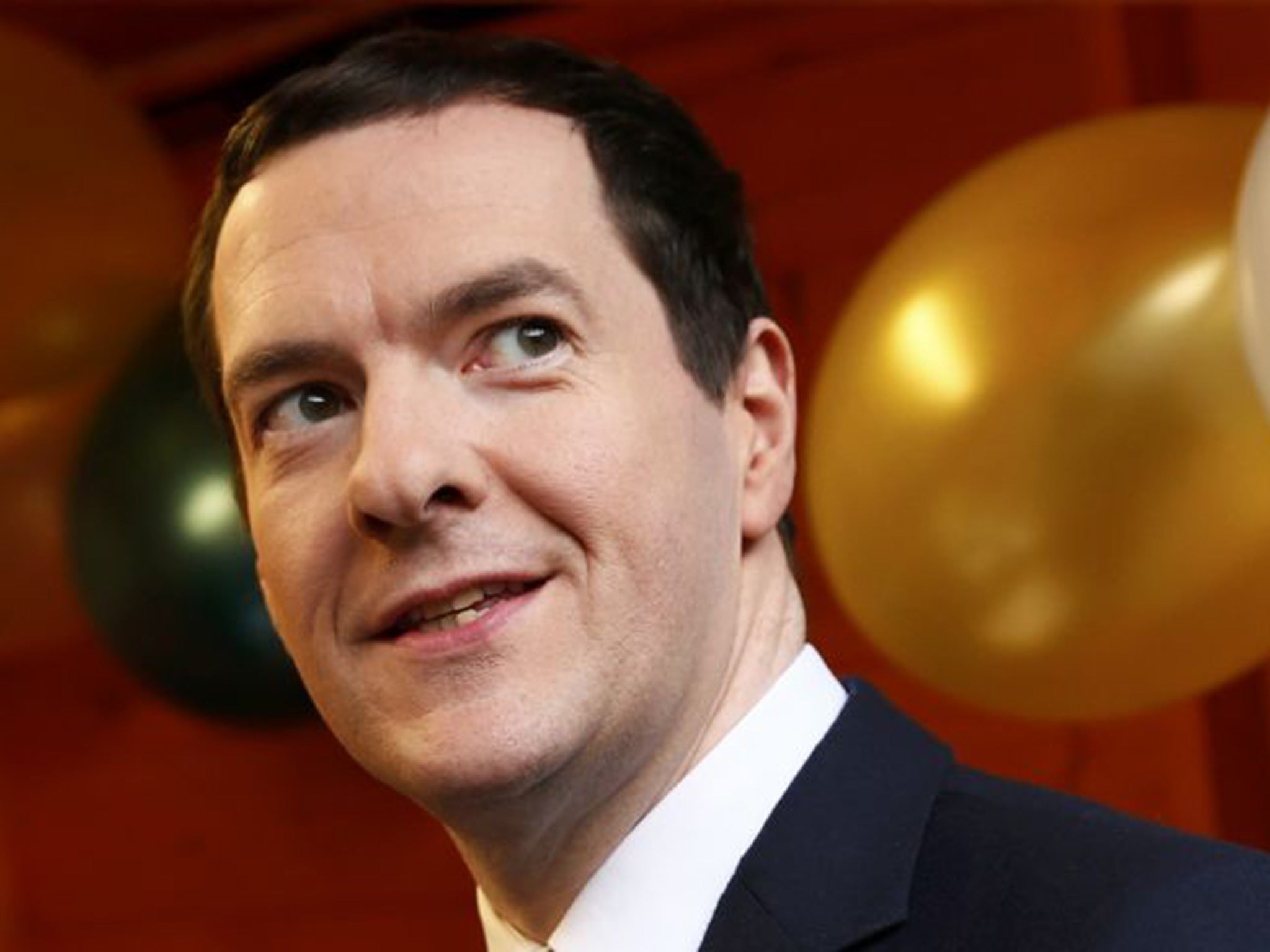George Osborne: I had no warning or involvement in decision to scrap FCA banking culture inquiry
Financial Conduct Authority announced last week it was ditching its inquiry into financial scandals that have dogged the banking industry - just months after the review was launched

Your support helps us to tell the story
From reproductive rights to climate change to Big Tech, The Independent is on the ground when the story is developing. Whether it's investigating the financials of Elon Musk's pro-Trump PAC or producing our latest documentary, 'The A Word', which shines a light on the American women fighting for reproductive rights, we know how important it is to parse out the facts from the messaging.
At such a critical moment in US history, we need reporters on the ground. Your donation allows us to keep sending journalists to speak to both sides of the story.
The Independent is trusted by Americans across the entire political spectrum. And unlike many other quality news outlets, we choose not to lock Americans out of our reporting and analysis with paywalls. We believe quality journalism should be available to everyone, paid for by those who can afford it.
Your support makes all the difference.George Osborne has insisted he had no warning or involvement in the controversial decision to scrap the inquiry into banking culture.
The Financial Conduct Authority announced last week that it was ditching the review, which was only set up in March.
It was due to investigate the slew of financial scandals that have dogged the industry, including the rigging of bank lending rates and mis-sold payment protection insurance.
Shadow Chancellor John McDonnell described the decision as a “huge blow for customers and taxpayers” but Mr Osborne, speaking to the BBC, said: “That was a completely independent decision that I had no fore-knowledge of, no advanced warning of.
“It’s got to be an independent decision for our banking regulator,” he added.
Asked whether he was “frit” of the banking industry, Mr Osborne said: “I don’t accept that at all.
“There has been a fundamental change in the way we regulate banks.
“We are splitting the retail banks from the investment banks in their operations, we have introduced new criminal offences responding, quite rightly, to the public anger that no one was jailed for what went on seven or eight years ago in our banking system.
“Now there will be new criminal offences that we have passed through parliament.
“We’ve made sure that when people receive these big bonuses that money can be taken away from them if things go wrong, rather than they keep it and the taxpayer picks up the bill.
“So there are some very big changes that have happened to the culture of our banking system, including the way it’s regulated.”
Mr Osborne also warned that the UK must be prepared for the prospect of the first interest rate rise since 2007.
He insisted that any change would be for the independent Bank of England to decide and said it would be “wholly inappropriate” for him to pressure the Bank’s governor Mark Carney.
The Chancellor was speaking ahead of a significant speech in Cardiff on Thursday, where he warned that the UK economy faced a “dangerous cocktail” of external threats and coined 2016 a "mission critical" year for the British economy.
External threats posed by China’s unsteady stock market, instability in the Middle East and plummeting oil prices means there can be no “let up” in the squeeze on spending, he said.
“Anyone who thinks it's mission accomplished with the British economy is making a grave mistake," he told business leaders.
“Last year was the worst for global growth since the crash and this year opens with a dangerous cocktail of new threats. For Britain, the only antidote to that is confronting complacency and sticking to the course we've charted.
“I worry about a creeping complacency in the national debate about our economy. A sense that the hard work at home is complete and that we're immune from the risks abroad.”
“That is good for consumers and business customers here in Britain, bad news for the oil and gas industry, worrying for the creditors who have lent to it, and a massive problem for the countries that depend on it.
“Meanwhile the political developments in the Middle East, with Saudi Arabia and Iran, concern us all.”
Join our commenting forum
Join thought-provoking conversations, follow other Independent readers and see their replies
0Comments